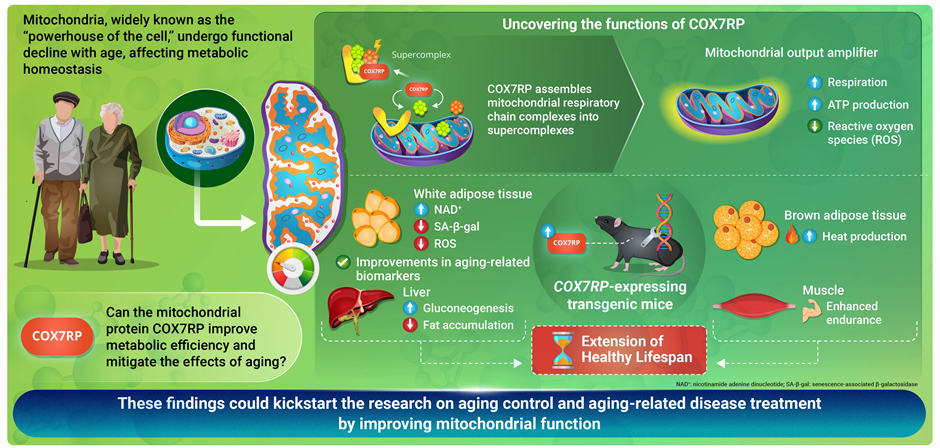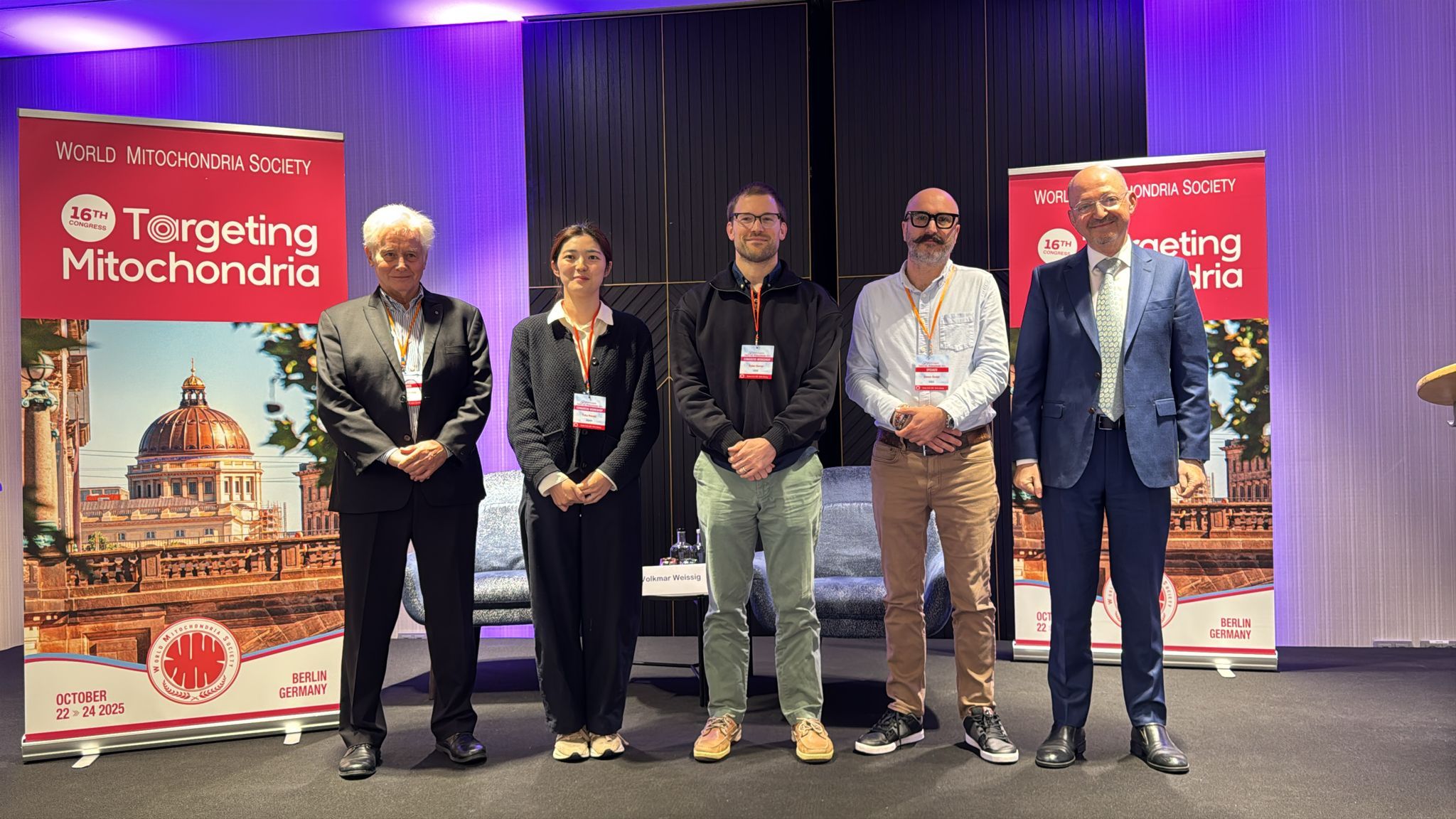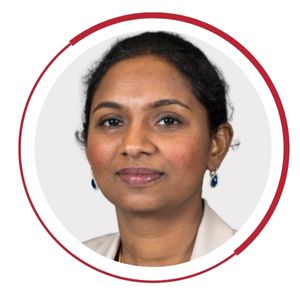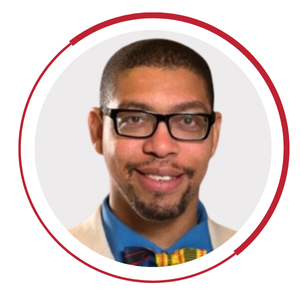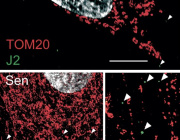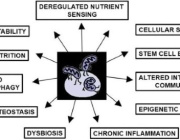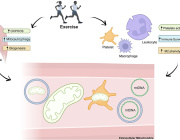Mitochondrial dysfunction play a key role in the pathophysiology of Alzheimer Disease
 Dr Natalia Stefanova, from the Institute of Cytology and Genetics, Novosibirsk, Russia will tell about their recent experimental research that support that mitochondrial dysfunction play a key role in the pathophysiology of Alzheimer Disease (AD) and that therapies with target mitochondria are potent to normalize a wide range of cellular signaling processes and therefore slow the progression of AD. She studied the role of mitochondria in the pathophysiology of this disorder using OXYS rats that simulate key characteristics of sporadic AD. It was shown that treatment with mitochondria-targeted SkQ1 via improvement of structural and functional state of mitochondria is able to alleviated the structural neurodegenerative alterations, prevented the neuronal loss and synaptic damage, increased the levels of synaptic proteins, enhanced neurotrophic supply, and decreased amyloid-β1-42 protein levels and tau hyperphosphorylation in the hippocampus of OXYS rats, resulting in improvement of the learning ability and memory.
Dr Natalia Stefanova, from the Institute of Cytology and Genetics, Novosibirsk, Russia will tell about their recent experimental research that support that mitochondrial dysfunction play a key role in the pathophysiology of Alzheimer Disease (AD) and that therapies with target mitochondria are potent to normalize a wide range of cellular signaling processes and therefore slow the progression of AD. She studied the role of mitochondria in the pathophysiology of this disorder using OXYS rats that simulate key characteristics of sporadic AD. It was shown that treatment with mitochondria-targeted SkQ1 via improvement of structural and functional state of mitochondria is able to alleviated the structural neurodegenerative alterations, prevented the neuronal loss and synaptic damage, increased the levels of synaptic proteins, enhanced neurotrophic supply, and decreased amyloid-β1-42 protein levels and tau hyperphosphorylation in the hippocampus of OXYS rats, resulting in improvement of the learning ability and memory.
More information: www.targeting-mitochondria.com








